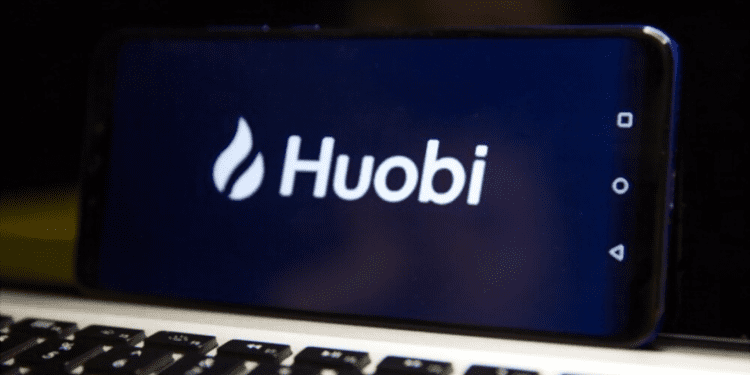Brief History
Huobi, founded by Leon Li in China in 2013, quickly gained popularity among Chinese users as it offered trading services for Bitcoin and other notable altcoins. However, in 2017, the Chinese government implemented regulatory measures targeting cryptocurrency exchanges, creating operational challenges for Huobi. To sustain its operations, Huobi shifted its focus to international markets.
Huobi relocated to Singapore in 2017 and established subsidiaries to cater to international users. In 2018, Huobi introduced Huobi Token (HT), its native cryptocurrency, offering benefits such as discounted trading fees and exclusive events. The exchange also ventured into derivatives trading, enabling users to trade futures contracts.
Overcoming Operational Hurdles
Recognizing South Korea and Japan’s active cryptocurrency trading communities, Huobi made significant efforts to enter these markets from 2018 to 2019. Huobi complied with local regulations and tailored its services to meet users’ preferences in these countries. However, Huobi faced regulatory challenges in South Korea, prompting adjustments to comply with stricter regulations, including enhanced KYC protocols.
In 2021, the Chinese government escalated its crackdown on cryptocurrency activities, imposing more stringent regulations and banning cryptocurrency mining. As a result, Huobi encountered difficulties operating in its home market, leading to the closure of particular services for Chinese users.
Huobi’s Latest Challenge
In 2023, Malaysia’s Securities Commission (SC), the country’s leading securities regulator, acted against Huobi for allegedly operating without proper registration. The SC has ordered the immediate closure of Huobi’s operations in Malaysia and issued a public reprimand against the exchange. This enforcement action was prompted by concerns about Huobi’s compliance with local regulatory requirements and its commitment to protecting investor interests.
Under Malaysia’s Capital Markets and Services Act 2007, operating a digital asset exchange without a Recognised Market Operator (RMO) license is considered an offense. Consequently, Huobi has been instructed to wind down its local operations, cease all communication with Malaysian investors, disable its website, and remove its app from various platforms, including Apple Store and Google Play.
The SC’s decision highlights the significance placed on regulatory compliance and safeguarding the interests of investors. Accordingly, the regulator urges all Malaysian users of Huobi’s platform to halt their trading activities immediately, withdraw their investments, and close their accounts.
It strongly advises investors to engage only with registered RMOs, as they undergo rigorous regulatory scrutiny and adhere to guidelines that ensure investor protection under Malaysia’s securities laws. Investing with unlicensed entities exposes investors to fraud, leaving them with limited legal recourse.














